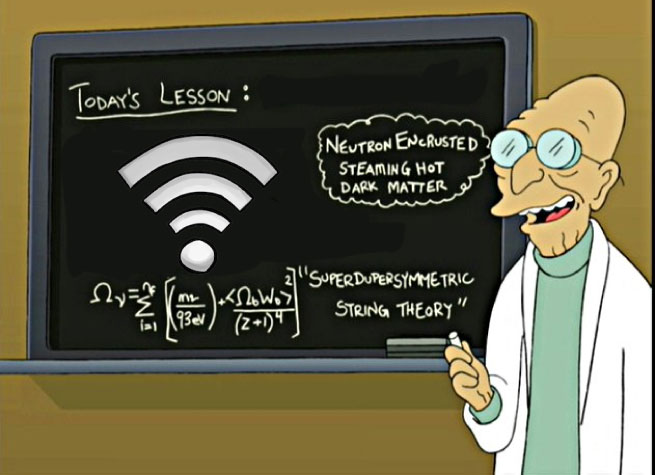Apple will score some major privacy points with iOS 8.
The tech giant has changed iOS so that the operating system will hide the real, unique MAC (Media Access Control) address of an iPhone or iPad scanning Wi-Fi networks, reports Quartz. By generating a random, locally administered MAC address in place of a universal address, Apple devices running iOS 8 will stymie some marketers and advertisers looking to slurp up your location data, browsing patterns, personal info, and more.
That data can be incredibly valuable to retail companies — particularly in the context of inventory data and in-store video footage — which can determine ideal store layouts and target shoppers with special offers. Companies like Euclid Analytics sit behind retail shops’ network infrastructure to sniff out such insights.
Whisper Systems developer Frederic Jacobs first publicized Apple’s efforts to combat those efforts in a tweet that features a slide from a WWDC session on user privacy in iOS and OS X.
https://twitter.com/FredericJacobs/status/475601665836744704
By randomizing MAC addresses, Apple will certainly prevent some privacy leaks, but it’s probably also trying to drum up interest for iBeacon, its proximity-based tracking and advertising platform for iOS devices. iBeacon, which uses low-energy Bluetooth, is a bit less invasive than sniffing out MAC addresses — iBeacon trackers don’t receive data from devices, and there are ways to opt-out, like not installing iBeacon-aware apps — but it can lead to many of the same inferences.


